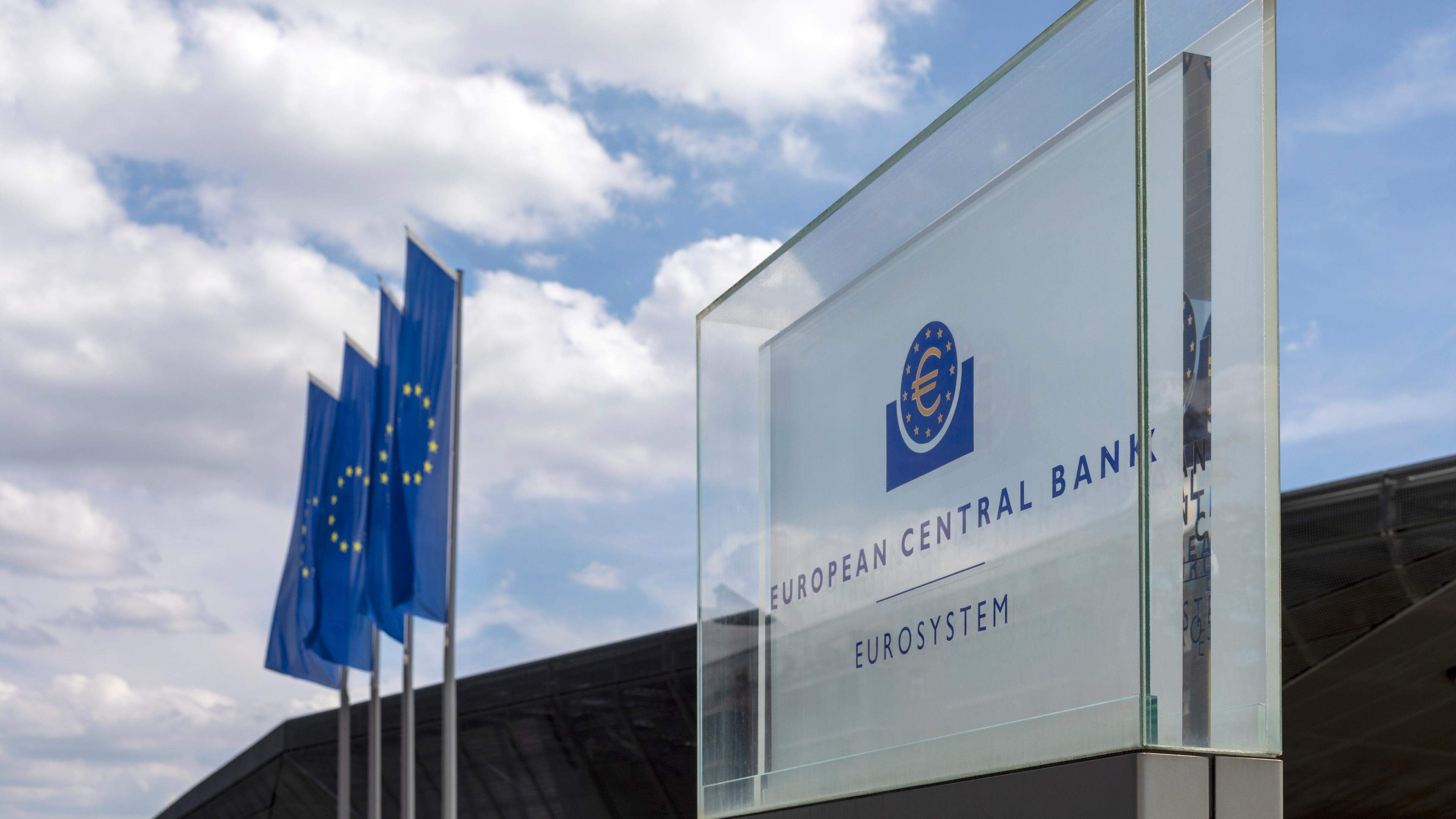Does two-time interest reduction come in response to Oval Office moods?

According to a Bloomberg survey among economic experts, the officials of the European Central Bank will probably reduce key interest rates twice, although they will ultimately orientate themselves to US President Donald Trump.
The respondents expect successive reductions by a quarter point in April and June, before the deposit rate remains at two percent at least by the end of 2026. They warn that US politics carries considerable risks and that economic growth in the euro area is threatening to undermine.
Above all, they make the unpredictable efforts of the US president responsible for reorganizing the world order.
The financial markets put his trade war into turmoilFueled fears of a great economic collapse and the international decision -makers left at a loss to how they should react.
Uncertain castle peace
« The monetary policy is now determined by Trump, » said Arne Petimezas, analyst at AFS Interest in Amsterdam. « The ECB will wait in vain for more clarity in the tariffs. »
For the time being, the officials have to enjoy the uncertain castle peace that is currently being suspended for 90 days after Trump has announced the most tariffs he announced last week to win over time for negotiations and the European Union put its countermeasures on hold. His stalemate with China has continued to escalate.
According to Alastair Winter, ARGYLL Europe is the biggest challenge for the ECB in this situation to do it as if she knew « what she has to do in the face of Trump’s arbitrariness ».
What Bloomberg Economics says …
« The ECB is confronted with a completely different world than at its last session, because the US tariffs become reality, and monetary policy for the euro area will have to adapt. We assume that the ECB council will reduce interest rates again at its meeting on April 17, before a number of interest reductions will follow in the further course of the year, » said David Powell, chief economist Euro area.
As for the upcoming ECB session, Trump’s trade war has probably made the decision very much easier for decision-makers, says Andrzej Szczepaniak from Nomura.
Trump determined the ECB’s monetary policy decision in April.
A report on the last official meeting of the ECB showed that they are open to both sides either for a break in April or for a further interest rate reduction.
In view of the sales of the markets triggered by Trump’s measures – the Stoxx Europe 600 Index has fallen by about eight percent since the announcement of the global tariffs – the dynamic for a reduction has increased.
Downward risks for growth
« Trump determined the ECB’s decision -making policy in April, » said Szczepaniak. « The question now is whether the ECB has to reduce interest rates under the neutral value to support the economy. »
The majority of the survey participants see interest rates up to the third quarter in the accommodating area. While exactly half of the respondents that neither brake nor stimulates the growth that does not slow down to two percent, almost as many economists assume that it is higher.
A decline under the so -called neutral value could support the economy of the euro zone. The economists will see down risks for growth in this and next year before higher infrastructure and defense spending, especially in Germany, stimulate demand noticeably.
They are less clear about whether inflation will continue to weaken as prognosted, whereby the respondents are equally shared, whether it is the greater risk of being over- or below the target value.
Set the interest path
« The economic prospects are still so insecure that only a very cautious approach can be chosen – without committed to a certain interest path, » said Ulrike Kastens, a senior economist at DWS.
It belongs to the majority of respondents who do not expect the ECB to call a time when the interest rates have reached the lower limit.
Trump’s customs break lets share prices ride worldwide
The debt costs may not last long. More than 20 percent of the economists surveyed predict at least one rate increase before the end of next year, with the earliest forecast for February 2026 – a month before the last economist expects the end of the interest rate reduction.
« The ECB will actually need considerable flexibility in the coming months, » said Sylvain Broyer from S&P Global Ratings. « While the deteriorating financial conditions and the falling oil prices could justify interest reductions in April and June, the considerable fiscal incentives in Germany could lead to inflation pressure in the medium term. »







